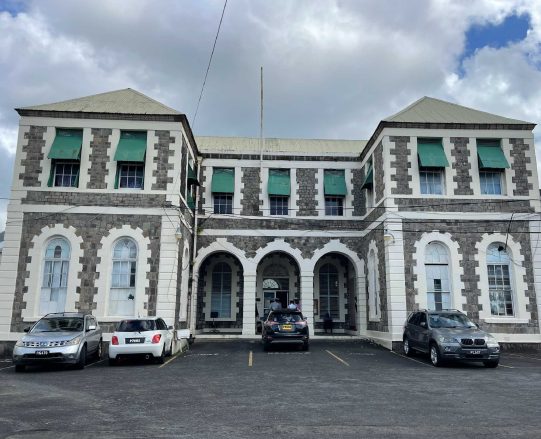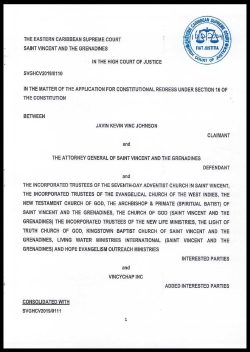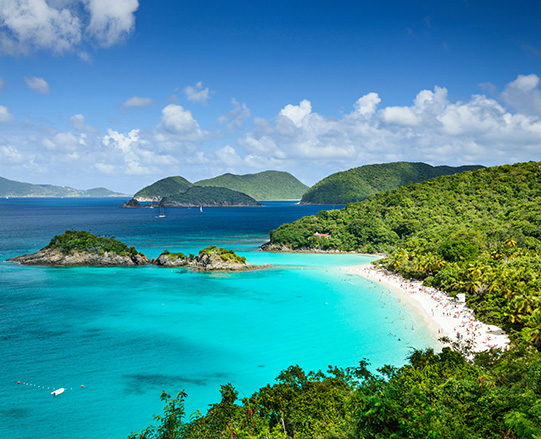The Human Dignity Trust is deeply disappointed by today’s decision from the High Court in St Vincent and the Grenadines, that upholds the criminalisation of consensual, same-sex sexual activity.
The High Court failed to overturn discriminatory anti-LGBT laws, inherited from colonial times. These laws target LGBT people by criminalising same-sex sexual activity, with punishment of up to ten years’ imprisonment.
Today’s decision is manifestly at odds with the positive trend towards decriminalisation in judgments delivered by nearby courts in the Eastern Caribbean in 2022, as well as a landmark 2021 decision from a top regional human rights tribunal finding that similar laws criminalising LGBT people in the Americas violate international law.
In 2019, Javin Johnson and Sean Macleish, two gay Vincentian men living in the United Kingdom and the USA respectively, filed the legal case challenging the constitutionality of these laws. VincyCHAP (St Vincent and the Grenadines Chapter of the Caribbean HIV/AIDS Partnership), a local non-governmental organisation that works on HIV prevention and treatment, joined the case in 2021 as an interested party.
Téa Braun, Chief Executive of the Human Dignity Trust, an international human rights organisation, said, ‘This is a huge disappointment for LGBT people in St. Vincent and the Grenadines. The judgment stands in stark contrast to decisions striking out these outdated laws by neighbouring courts in Barbados, Antigua and St Kitts in 2022, as well as other courts around the world.’
St. Vincent and the Grenadines is one of only six remaining criminalising countries in the Western Hemisphere.
There are still six countries in the Americas where laws criminalising LGBT people that have been in place since colonial times continue to dwell on the statute books. Today’s decision, predicated in part on the fact that the individual claimants do not live in St Vincent, frustratingly upholds these stigmatising laws.
Criminalisation creates an environment of shame, stigma and violence for LGBT people, which in turn hinders the availability, access and uptake of HIV prevention, testing and treatment services, thus increasing transmission. Because of this clear link, there remains an urgent need for decriminalisation of consensual same-sex intimacy on public health grounds.
‘LGBT Vincentians are ordinary citizens. They are office workers, farmers, shopkeepers and taxi drivers. They are our sons and daughters, brothers and sisters, parents and grandparents, whose rights are recognised by our Constitution, the supreme law of our land, no matter who they are and who they love. It is time for these archaic unconstitutional laws to be consigned to history,’ says VincyCHAP.
Notes to editors
- A case digest will shortly be available on HDT’s library of resources
- The judge delivered her decision orally in court and the written reasons are available here.
- Visit the Human Dignity Trust’s map of criminalisation to see which countries across the world continue to criminalise LGBT people
- The Human Dignity Trust works with in-country LGBT activists around the world to defend human rights in countries where private, consensual, same-sex sexual activity is criminalised. We provide free technical legal assistance to locally-based organisations that are challenging laws that persecute people on the basis of their sexual orientation and/or gender identity
For more information and to arrange interviews contact:
Emma Eastwood – Head of Strategic Communications, Human Dignity Trust
E: emmaeastwood@humandignitytrust.org / Twitter: @HumanDignityT




